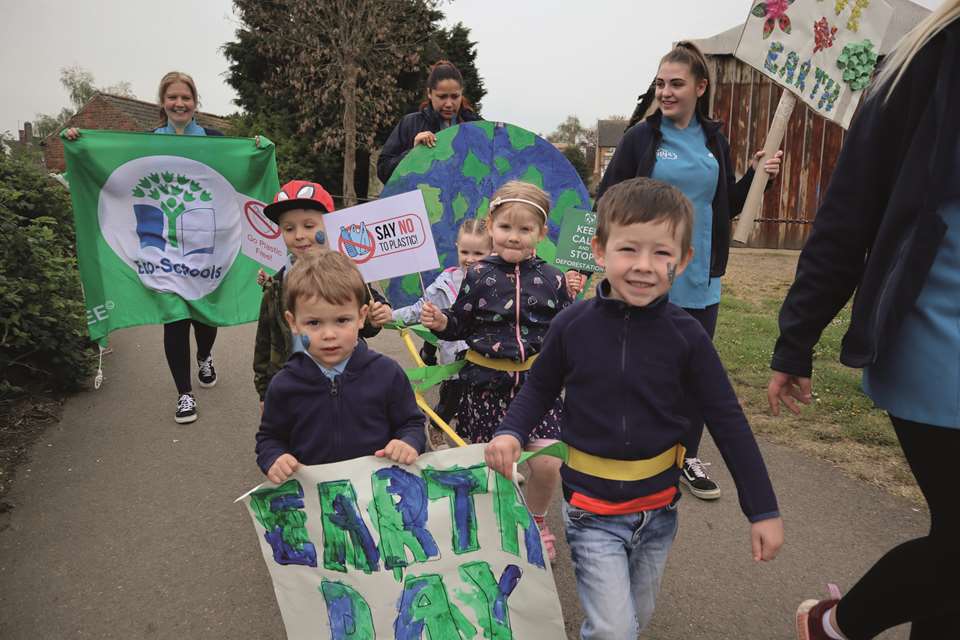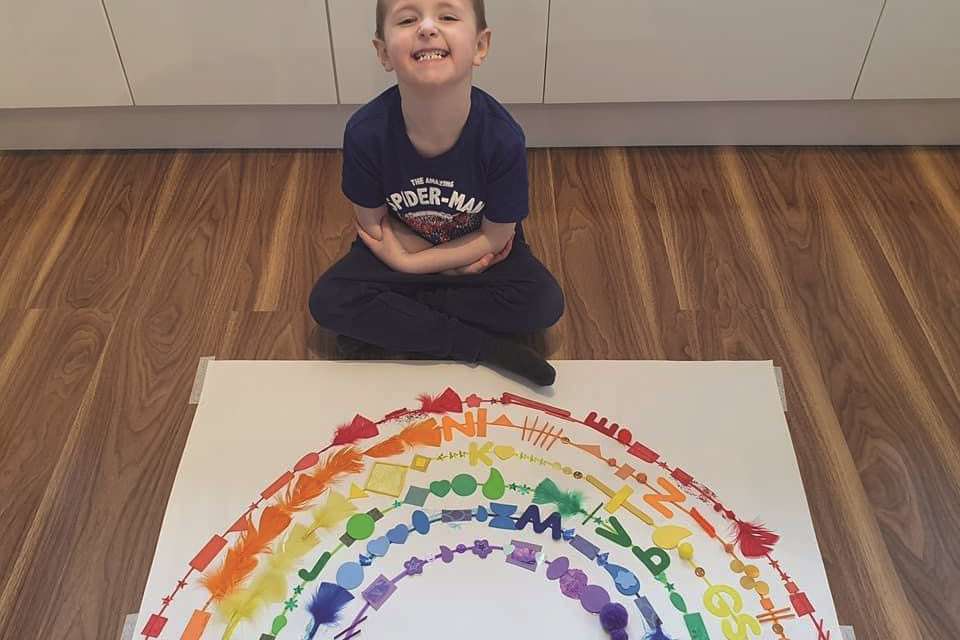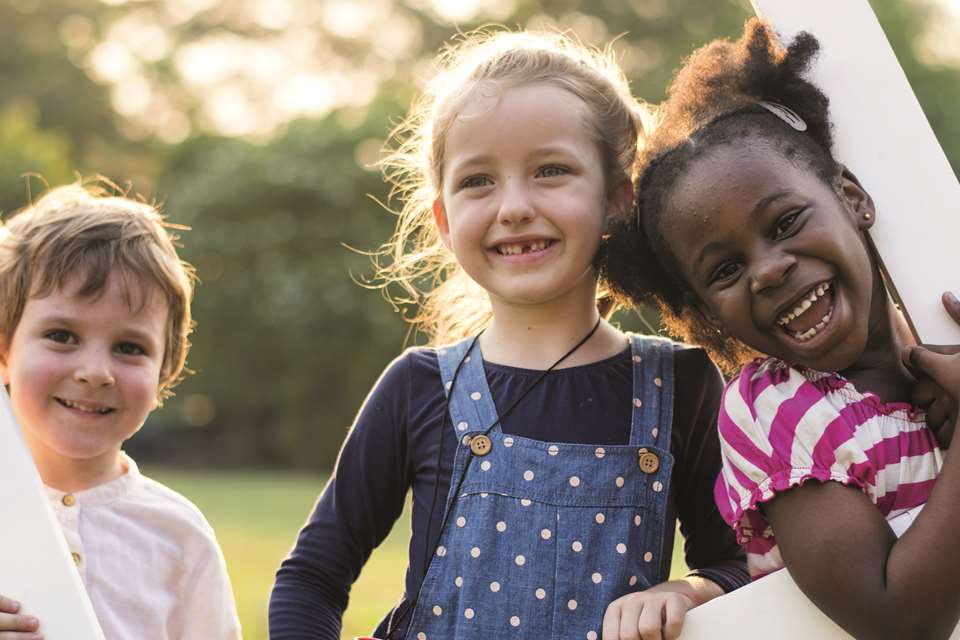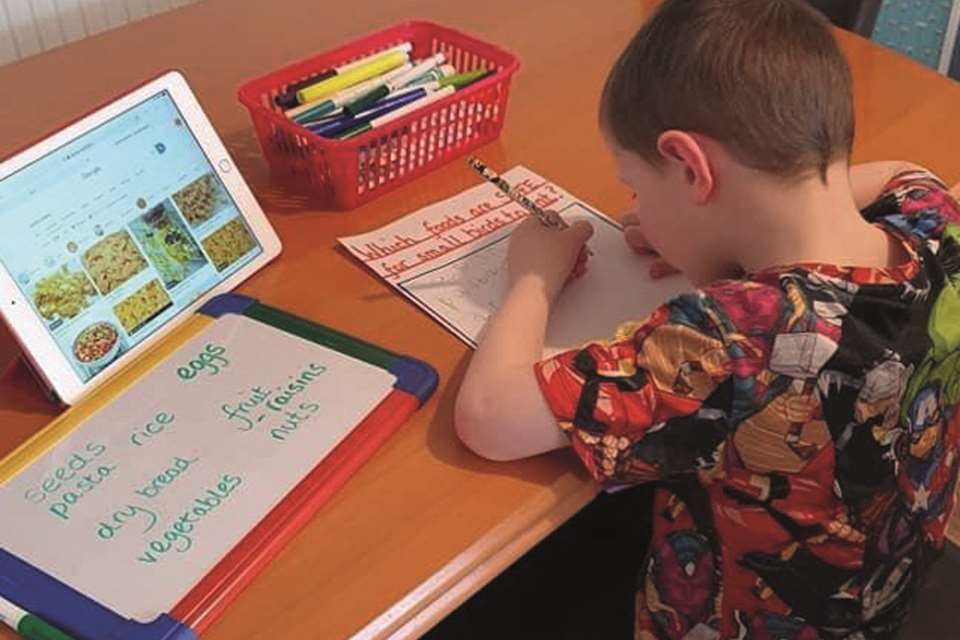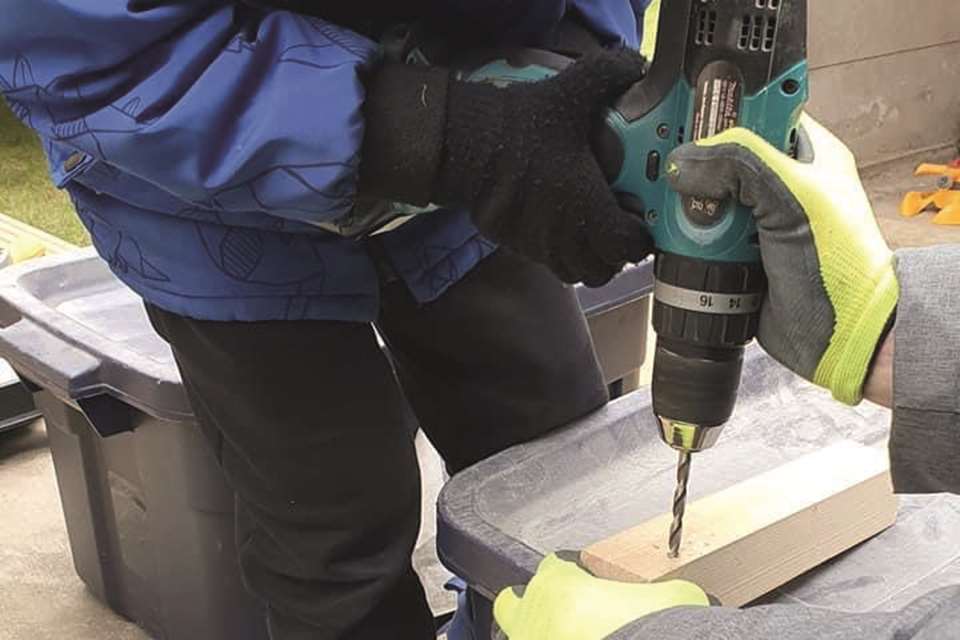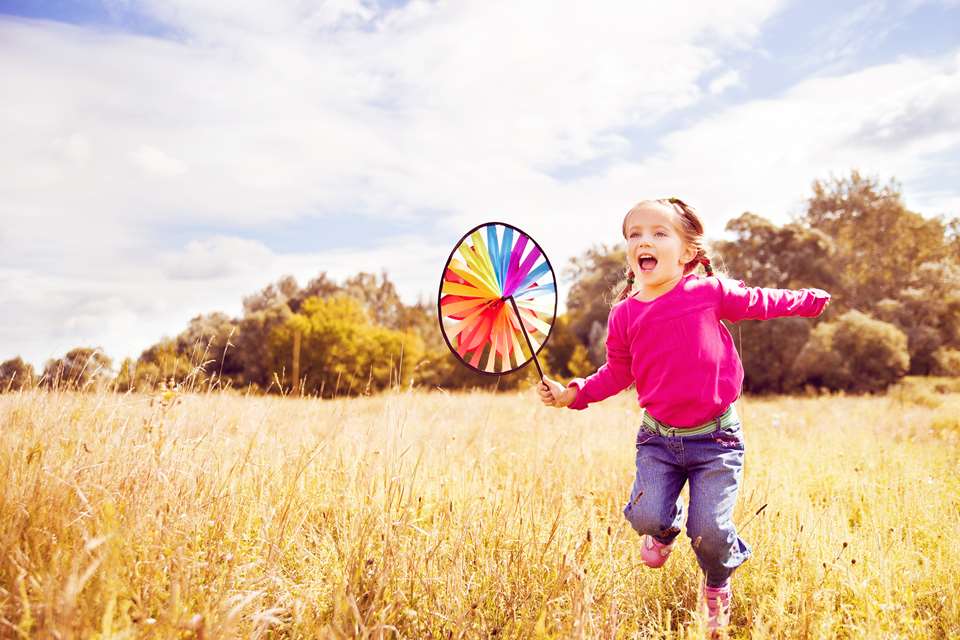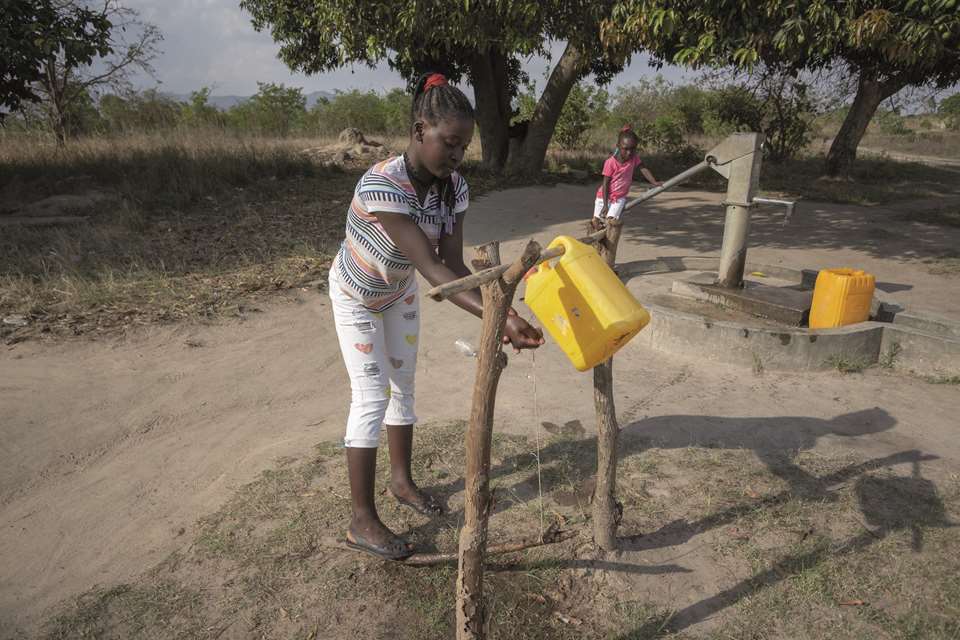EYFS Activities - Education for Sustainability: Nothing wasted
Dr Diane Boyd
Tuesday, November 23, 2021
How can early years settings get children involved in reducing waste? Dr Diane Boyd considers the Sustainable Development Goal for responsible consumption and production
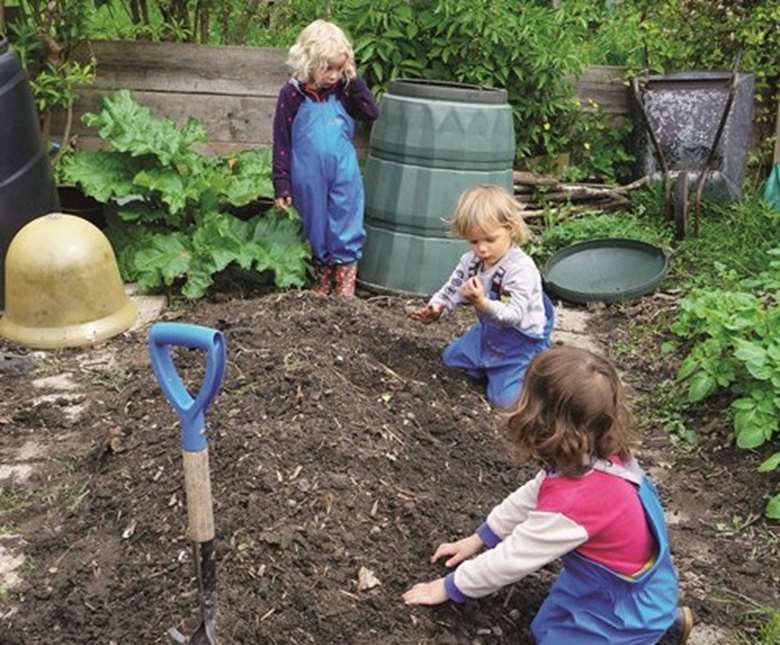
 Encouraging us to live in harmony with nature and substantially reduce waste are among the aims of SDG 12. Think what you can do as a childcare business to reduce waste and be more sustainable.
Encouraging us to live in harmony with nature and substantially reduce waste are among the aims of SDG 12. Think what you can do as a childcare business to reduce waste and be more sustainable.
For example, at Millie’s Garden in Bristol, run by childminder Millie Colwey, all children are engaged in the full cycle of food production, from planting, tending, harvesting and cooking crops to composting kitchen scraps and garden waste. From this they produce their own organic matter to put back into the garden, helping to grow more food.
They also have a compost toilet, which eventually feeds their fruit trees. This all helps children learn the importance of responsible consumption and production.
YOU CAN
- Introduce new terminology – ‘food waste’, ‘freecycling’, ‘consumption’, ‘harmony with nature’. Give examples of what they mean.
- Introduce the word ‘consumption’ and watch the short film Human Population and Resource Consumption: https://bit.ly/3qhtflD. Pause it to discuss particular points and reflect on the messages.
- Discuss what recycling means: what materials can we recycle? How do we recycle and why? Support this by watching book readings of Michael Recycle: https://bit.ly/3qeME6T and Michael Recycle Meets Litterbug Doug: https://bit.ly/3o8bjar.
- Conduct a waste audit with the children and ask: what is being thrown away the most? Can we change anything?
- Go on a neighbourhood walk and look at the different coloured wheelie bins – what are they for?
- With the children, design a new superhero for your setting and make a poster that can be displayed around the nursery or wider community to encourage less littering. You could make up a musical rap or dance about their superhero, linking with physical development and arts.
- Discuss school lunches or children’s lunch boxes – revisit SDG 1 and the idea of having no money for food. Encourage the children to take photos of the food waste after lunch and talk about why it has been left. Define together what ‘waste’ means.
- As a staff group, educate yourselves. Check out Wrap’s website: https://bit.ly/3EYrSN4.
- Investigate compost with the children – what food waste can be composted, how to do it and how it can be beneficial for the soil. Consider getting a compost bin if you don’t already have one.
Learning links
Early Years Foundation Stage (DfE, 2021) ‘Make comments about what they have heard and ask questions to clarify their understanding.’
Extension activities
Ensure you have a good selection of texts. For example, What’s Sprouting In My Trash? A book about compostingby Esther Porter, which explains how composting helps make the Earth a greener place. Or read together The Little Composter by Jan Gerardi, or Compost Stew: An A to Z Recipe for the Earthby Mary McKenna Siddals and Ashley Wolff, which discusses what materials are used to make their compost.
Learning links
EYFS (DfE, 2021) Communication and Language ‘Through conversation, storytelling, and role play, where children share their ideas with support and modelling from their teacher, and sensitive questioning that invites them to elaborate, children become comfortable using a rich range of vocabulary and language structures.’
Extension activities
- Revisit SDGs 1, 2 and 3 in terms of food and healthy eating and gather some vegetables or plants to examine in detail with a magnifying glass. Identify their parts and discuss what can be eaten. Experiment with cooking and use the different parts. Taste-test them with the children and discuss who else would eat them in our ecosystem.
- Discuss the word ‘harmony’ – what does this mean? Consider the rights of nature. Who speaks for the earth worm or the trees? Learn to love the natural world and recognise we are all part of a big ecosystem. Encourage children to enjoy being in nature and to see all the insects that help the earth as friends rather than as ‘yucky’! Support this by reading together Wiggling Worms at Work by Wendy Pfeffer, or check out this booklet from the RHS and Wild About Gardens: https://bit.ly/3BOVqus. You could make your own worm farm: https://bit.ly/3EWeVmE.
Learning links
EYFS (DfE, 2021) It is important that practice ‘will foster their understanding of our culturally, socially, technologically and ecologically diverse world’.
Diane Boyd is a senior lecturer, early years, at Liverpool John Moores University, d.j.boyd@ljmu.ac.uk.
FURTHER INFORMATION
- This series explores meaningful and practical ways to introduce young children to UNESCO’s 17 Sustainable Development Goals (SDGs). See also ‘All about… Early Childhood Education for Sustainability’ by Dr Diane Boyd, www.nurseryworld.co.uk



